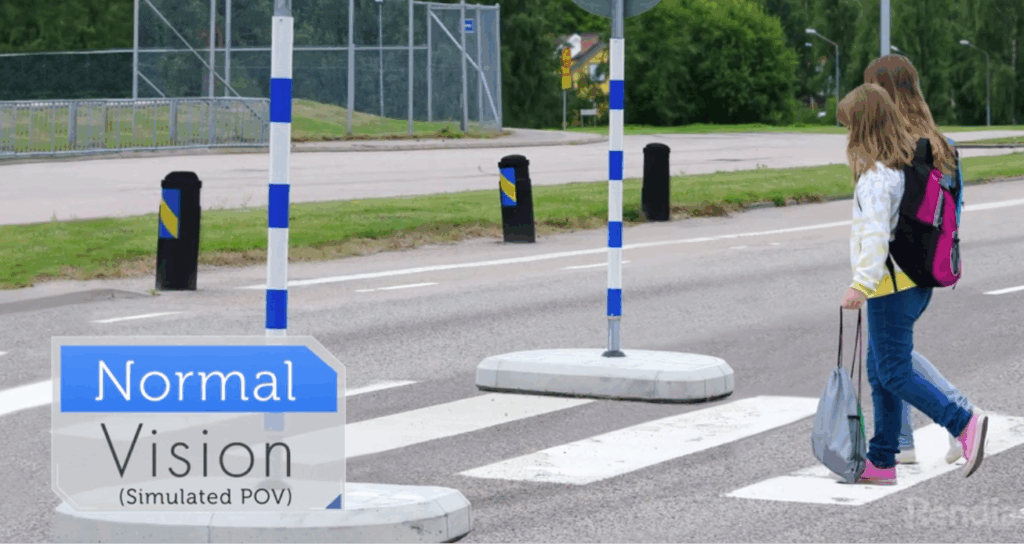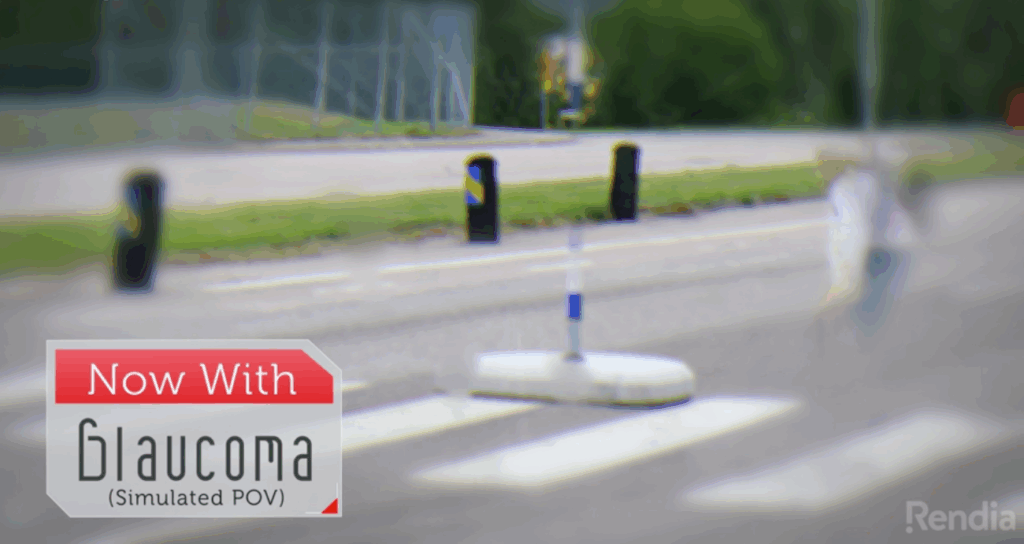Have you noticed blurred vision, blind spots, or difficulty seeing in dim light? These could be early warning signs of glaucoma—a serious eye condition that can cause irreversible vision loss if left untreated.
For residents of Oceanside and surrounding communities, early detection and treatment are key to protecting your eyesight. At Pendleton Eye Center, our experienced eye doctors use advanced diagnostic tools and treatment options to help patients manage glaucoma and preserve their vision.
What is Glaucoma?
Glaucoma is a group of eye diseases that damage the optic nerve—the part of the eye responsible for sending visual signals to your brain. This damage is often caused by abnormally high intraocular pressure (IOP), but it can also occur even with normal eye pressure.
According to the American Academy of Ophthalmology (AAO), glaucoma is one of the leading causes of blindness worldwide, affecting over 3 million Americans. Alarmingly, only about half of those with glaucoma know they have it, because early stages often have no symptoms.
How Glaucoma Affects Your Vision
Glaucoma usually affects peripheral vision first. Over time, the damage can progress toward the center of your vision, eventually leading to blindness if untreated.
Key ways glaucoma impacts vision include:
- Loss of side vision – Gradual narrowing of the visual field.
- Blind spots – Dark areas in your vision may appear.
- Blurry vision – Particularly during reading or detailed tasks.
- Halos around lights – Common in certain types of glaucoma.
- Difficulty seeing in dim light – Night driving may become unsafe.
Types of Glaucoma
There are several types of glaucoma, but the two most common are:
- Open-Angle Glaucoma – The most common type, developing slowly over years. Often symptomless until advanced.
- Angle-Closure Glaucoma – A sudden and severe rise in eye pressure; this is a medical emergency that can cause vision loss in hours.
Other forms include normal-tension glaucoma and secondary glaucoma caused by injury, inflammation, or other eye diseases.
Symptoms to Watch For
Early glaucoma often has no noticeable symptoms. However, as the disease progresses, you may experience:
- Gradual loss of peripheral vision
- Patchy blind spots
- Blurred or cloudy vision
- Eye pain or pressure
- Redness in the eye
- Headaches accompanied by vision changes


Causes and Risk Factors
Glaucoma develops when fluid builds up in the eye, increasing pressure that damages the optic nerve. In some cases, optic nerve damage occurs without elevated eye pressure.
- Age over 60 (risk increases with each decade)
- Family history of glaucoma
- African American, Hispanic/Latino, or Asian descent
- Diabetes, high blood pressure, or migraines
- Previous eye injury or certain eye surgeries
Take Our Glaucoma Risk Assessment
Not sure if you’re at risk? At Pendleton Eye Center, we make it easy to take the first step.
- Quick & Simple – Our online glaucoma self-test can be completed in just a few minutes.
- Personalized Feedback – You’ll learn whether you may be at higher risk.
- Next Steps – If your results suggest possible glaucoma, we’ll recommend scheduling a full in-office exam.
Click here to take the Glaucoma Risk Assessment now and get peace of mind about your eye health.
Treatment Options for Glaucoma
While there’s no cure for glaucoma, early treatment can slow or stop vision loss.
- Prescription eye drops – Reduce fluid production or improve drainage
- Oral medications – Help lower eye pressure
- Laser therapy – Enhances fluid outflow (trabeculoplasty, iridotomy)
- Minimally invasive glaucoma surgery (MIGS) – Lower-risk surgical option for earlier stages
- Traditional surgery – For advanced or severe cases
Conclusion
Glaucoma may be known as the “silent thief of sight”, but with today’s technology and proactive care, you have the power to protect your vision. For Oceanside residents and nearby area, the key is early detection—whether that starts with a simple self-test or a comprehensive in-office exam. At Pendleton Eye Center, we’re committed to providing advanced diagnostics, personalized treatment, and the guidance you need to manage glaucoma effectively.
Don’t wait for symptoms to appear by then, vision loss may already be irreversible. Take the first step today by completing our glaucoma risk assessment and schedule your eye exam to safeguard your sight for years to come. Call us now at (760) 758-2008 or click here to schedule your consultation.






